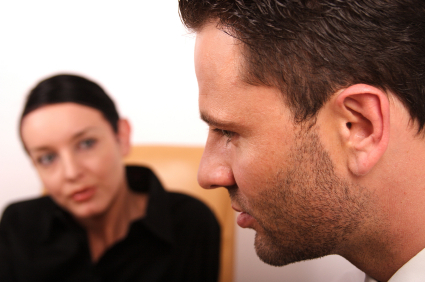Preventing Recurrent Mood Episodes
Psychotherapy and psychoeducational approaches, long-term psychopharmacology, and combination therapy all play a role in preventing recurrent mood episodes.
Psychotherapeutic and Psychoeducational Approaches Are Critical
A number of studies presented at the 4th Biennial Conference of the International Society for Bipolar Disorders in Sao Paulo, Brazil in March indicated that cognitive-behavioral therapy (CBT) and individual and group psychoeducational approaches enhance both short- and long-term outcomes for patients with bipolar illness. These studies add to an already substantial literature that shows that focused psychotherapies (such as cognitive/behavioral, interpersonal, and social rhythms therapies) and psychoeducation are superior to treatment as usual.
These therapies can provide a variety of approaches to stress management and reduction, and can enhance family and interpersonal communication. Another way these focused psychotherapeutic approaches help patients is by demonstrating the benefits of effective long-term preventive treatment and encouraging its consistent use.
Without consistent prophylactic treatment, patients are at high risk for recurrences and their subsequent psychosocial and neurobiological consequences. Greater number of prior episodes is associated with an increased risk of psychosocial dysfunction, treatment resistance, cognitive dysfunction, medical comorbidities, and even dementia in old age.
After the jump: preventive psychopharmacology and combination therapy. Read more


